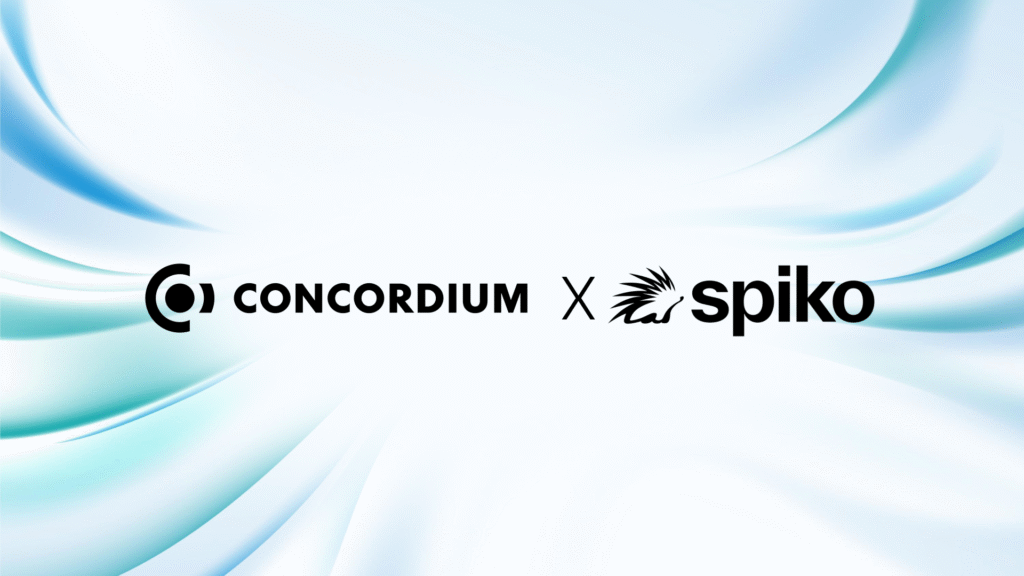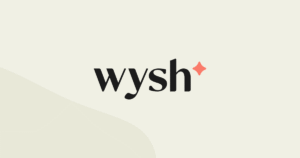Trade finance is one of the largest financial sectors yet to see the full impact of blockchain. Worth roughly $300 billion a year, it is still powered by paper-heavy processes, slow settlement, and third-party escrow accounts that lock up capital for weeks at a time.
Concordium, a Layer 1 blockchain with a protocol-level identity layer and zero-knowledge proof privacy, is partnering with Spiko, a regulated provider of tokenized money market funds, to change that equation. The two companies have built a programmable settlement system that links payment release to pre-agreed delivery milestones while keeping funds yield-generating until the moment of settlement.
This mirrors broader institutional interest in on-chain money market solutions from Goldman Sachs and BNY Mellon’s mirrored MMF tokens to BlackRock’s Ethereum-based tokenized fund filing on-chain.
Instead of locking funds away in traditional escrow accounts, Concordium and Spiko’s framework keeps capital active. Buyers and sellers place their money in tokenized money market funds backed by short-term government debt from top-rated Eurozone nations and the U.S. Treasury. While the transaction is underway, those funds continue earning yield. When pre-agreed delivery milestones are met, Concordium’s programmable infrastructure triggers settlement instantly, moving value across borders without an intermediary.
The initial rollout will target European industries such as pharmaceuticals and oil, where single transactions frequently exceed tens of millions of dollars. A memorandum of understanding with a major trade finance partner is already in place, and the companies see room to expand the approach to address the $2.5 trillion global trade finance gap.
For Spiko CEO Paul-Adrien Hyppolite, the inefficiency of the current system has been obvious for years. “Trade finance is one of the few billion-dollar industries still relying on fax machines, emails, and dormant escrow accounts,” he told The Defiant. “With Concordium, we are enabling programmable settlement for the first time, payments that move at the speed of information, backed by regulated assets and verified participants.”
Concordium’s identity layer is central to the model. Every participant is verified at the protocol level, which allows for legally enforceable agreements and cross-border compliance while preserving privacy through zero-knowledge proofs, unlike public blockchains that depend on externally deployed smart contracts. Concordium issues and manages assets directly at the protocol layer, a design that reduces the risk of exploits or mismanagement.
Boris Bohrer-Bilowitzki, CEO of Concordium, described the partnership as an opportunity to utilize locked-up capital more effectively. “This will allow companies to maximise their capital during a transaction and bring much-needed efficiencies in an otherwise outdated industry,” he said.
Spiko, launched in 2024, has already processed over $900 million in working capital, built $400 million in assets under management, and raised $22 million in Series A funding to scale its platform. The company’s infrastructure offers 24/7 transferability of fund shares and API integration for fintechs, positioning it as a ready-made layer for programmable settlement in tokenized real-world assets.
If the model sees broad adoption, it could become a case study in how blockchain-native tools and regulated financial instruments work together to accelerate transactions in one of the slowest-moving areas of global finance without sacrificing compliance or privacy.












